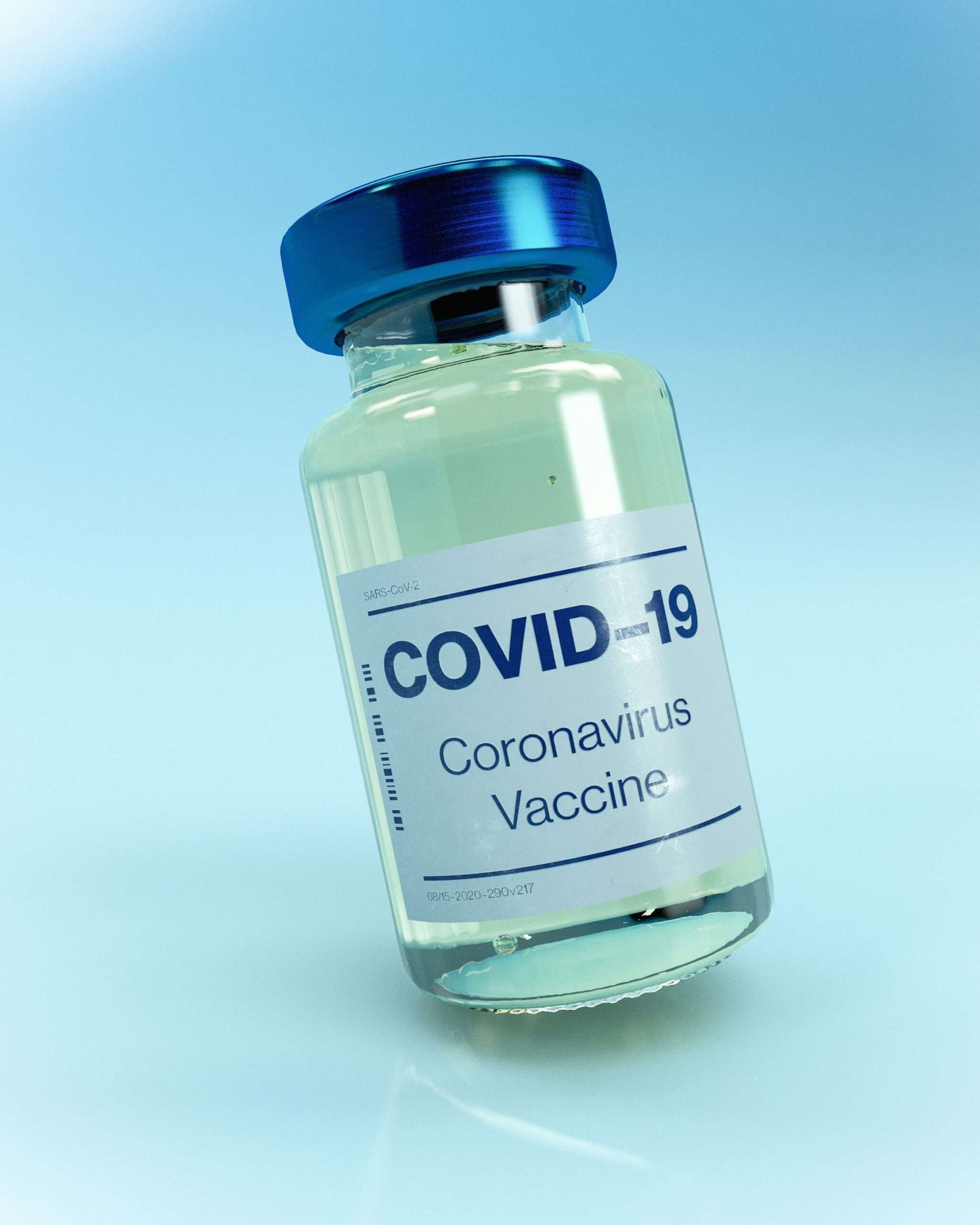GLP-1 Mechanism of Action
GLP-1 (glucagon-like peptide-1) is an endogenous polypeptide hormone, which helps in control of blood glucose levels and body mass index. It promotes insulin synthesis under conditions of hyperglycemia, inhibits glucagon secretion and decreases the rate of gastric emptying hence averting hyperglycemia postprandially. In addition, GLP-1 induces hunger decrease that brings about lower calories consumed which results in weight drop. However, in type 2 diabetes patients, synthesizing or responding to GLP-1 may not be possible and this affects the glucose homeostasis and leads to increased weight.
Once-Weekly GLP-1 Injections
Due to the introduction of newer prolonged action GLP-1 receptor agonists, especially semaglutide (Ozempic) and dulaglutide (Trulicity), better control of diabetes has been achieved. Prolonged action formulations of GLP-1 receptor agonists lead to prolonged receptor activation, which gradually, over time, has the added benefit of glycemic control and weight-loss. The use of such medications with a weekly injection improves compliance and the quality of life of patients for whom consistent treatment adherence is hard.
Weight Loss Benefits
Weight control is very important among the interventions in the management of type 2 diabetes since excess weight predisposes a person to insulin resistance and poor glucose control. Such medications as GLP-1 receptor agonists including semaglutide have been drastically effective in dramatic weight loss of the patients. In clinical trials, subjects treated with semaglutide had much greater weight losses than what is achievable with most available anti-obesity medications and would be comparable to those experienced after bariatric surgical procedures. With these medications’ ability to induce weight loss, the higher concentrations of semaglutide (Wegovy) have been registered, allowing for the treatment of obesity even in non-diabetic patients.
Comprehensive Diabetes and Cardiometabolic Benefits
Apart from the weight reduction effect, GLP-1 receptor agonists given once a week have further been found to offer significant cardiovascular benefits. Extensive studies like the SUSTAIN trial of semaglutide and REWIND trial of dulaglutide demonstrated that these drugs decrease occurrences of important adverse cardiovascular events, such as heart attack, stroke, or cardiovascular death in type 2 diabetes patients. This is a vital development because many people suffering from diabetes die of cardiovascular diseases.
The Future of Diabetes Management
The achievements of Type 2 diabetes upto 4 years ago manifested the possible benefits that triggered the initiation of more improvement in diabetes management. Tirzepatide (Mounjaro) a new drug acting on GLP-1 and GIP receptors has been found to be even more effective in controlling blood sugar levels and promoting weight loss with possibilities of revolutionizing diabetes care.
To sum up, the concept of once-weekly GLP-1 receptor agonists brings a new dawn to the management of diabetes. These drugs help in the effective control of blood glucose as well as weight achieving better health and lowering the chances of heart-related diseases. With more research in progress and new drugs coming up, the future is bright for the diabetes patients as they will receive new comfortable and effective methods of treatment. To put it differently, the once-weekly GLP-1 receptor agonists have created an avenue to further raise the management of diabetes.



0 Comments